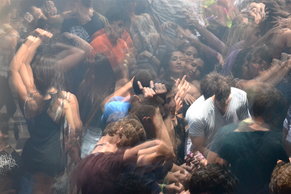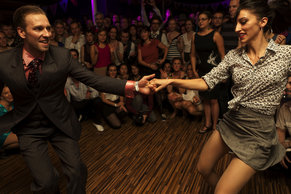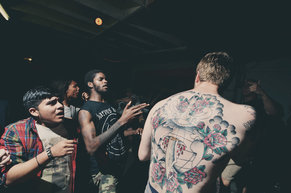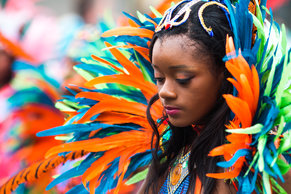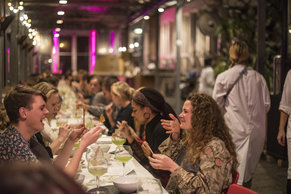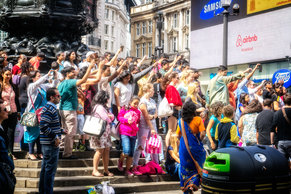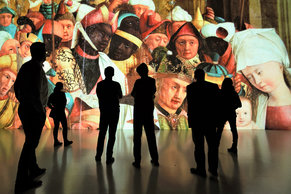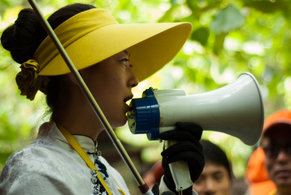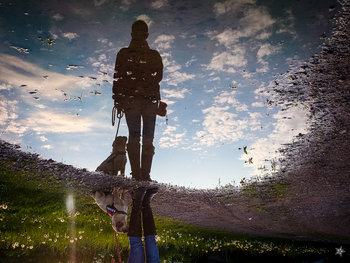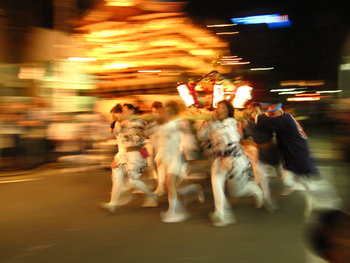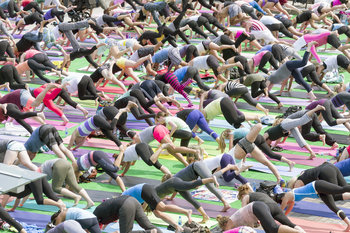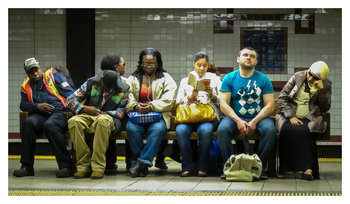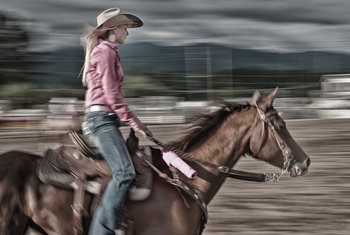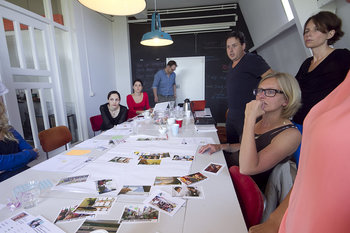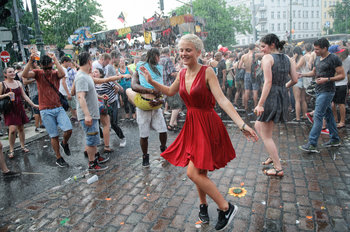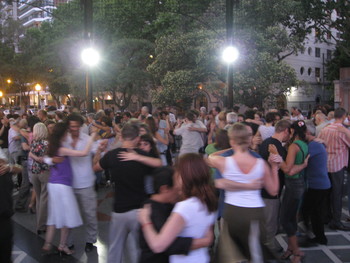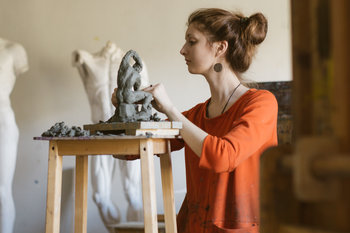
Media
Media such as movies, music, video games and television that give us personalities, characters, stories and culture to talk about with others.
Language
Speaking the same language is a strong form of shared experience that allows individuals to interact and enjoy the exchange of information and emotion. For example, people who know the terms associated with a relatively obscure technology may delight in technical conversations and inside jokes that few outside their specialty would understand.
Humor
Laughing together is a strong type of shared experience. Likewise, the ability to be humorous and enjoy humor are potent social skills.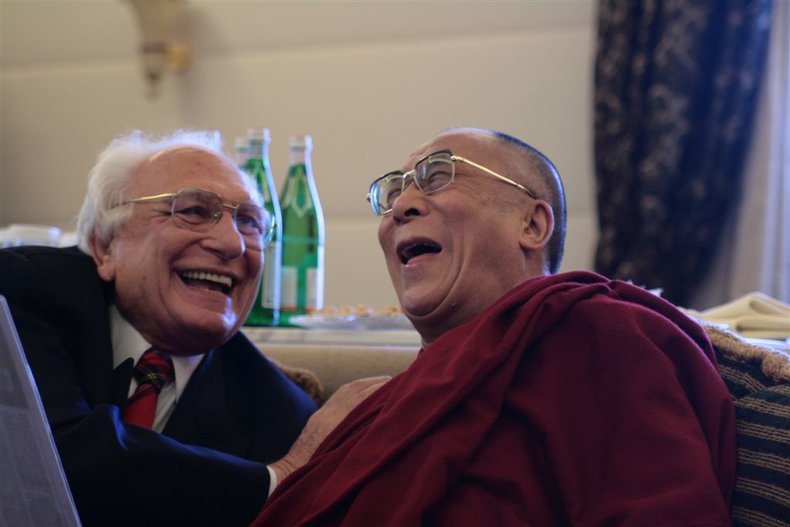
Risk Taking
The thrill of taking a risk and getting away with it.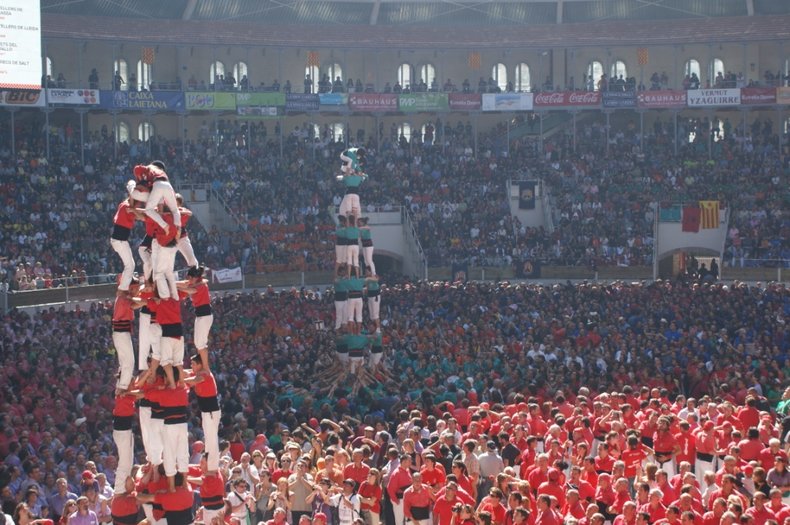
Competition
Any competitive situation such as sports, games or office politics. Competition may help to make shared experiences more intense with both wins and loses contributing to a sense of shared identity.
Stress, Hardship & Other Misery
As with competition, misery may serve to intensify experiences to give them more social weight. For example, firms with a strong work ethic or that tackle big hard problems may benefit from a greater sense of comradery between workers.
Participation
Participating in a group activity with a common goal. This may not be as intensive an experience as risk taking, competition or misery but requires effort and has value.
Going Through The Motions
A mandatory or effectively mandatory shared experience where people show up but aren't engaged. An individual who feels disengaged when everyone else is engaged may quickly feel a sense of alienation from the group. If everyone is disengaged it may be somewhat unifying as a form of misery.
Fans
Cheering for a sports team or demonstrating your unbridled enthusiasm for something.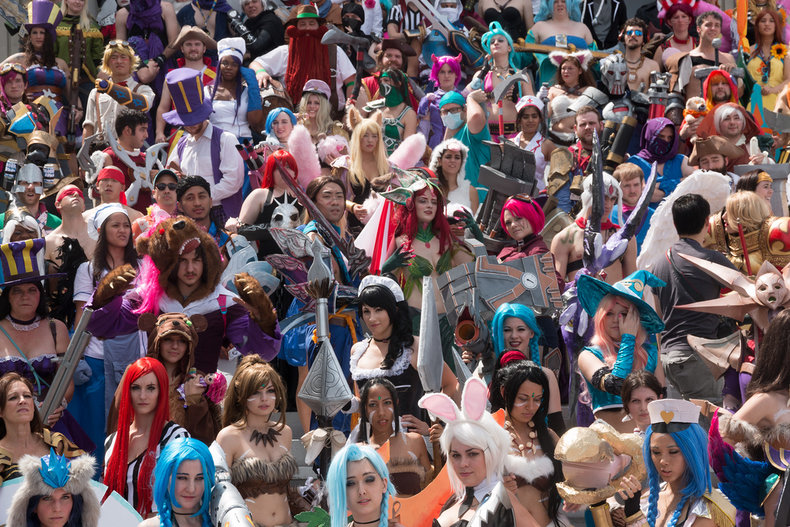
Roles
Taking on a role in a social system. For example, people who have the same job or social responsibilities.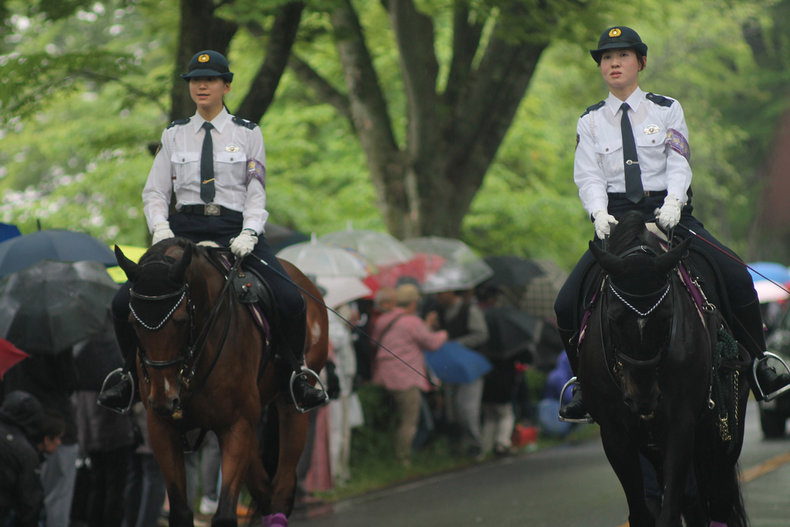
Productivity
Productive activity such as working and studying together.
Traditions
A tradition is the practice of doing things the way they have been done. As traditions are often old, they can provide an opportunity for multiple generations to enjoy a shared experience.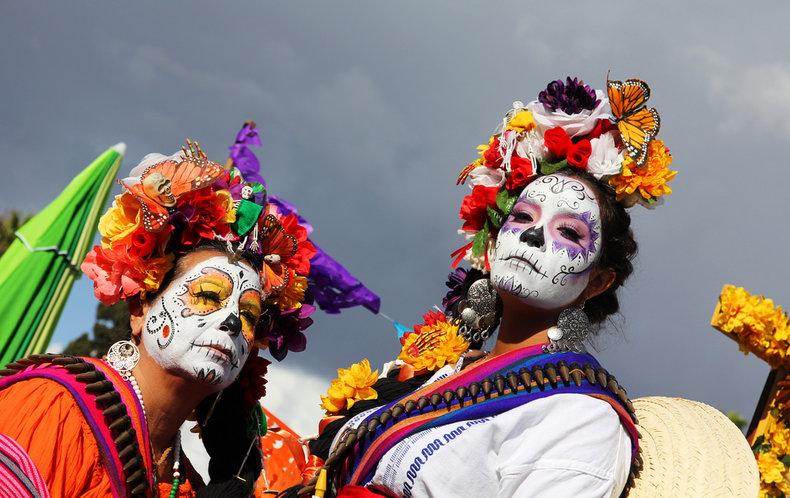
Ceremony, Custom & Ritual
Doing things in a proper way according to a set of rules. A willingness to learn these rules and do things properly demonstrates commitment to the group.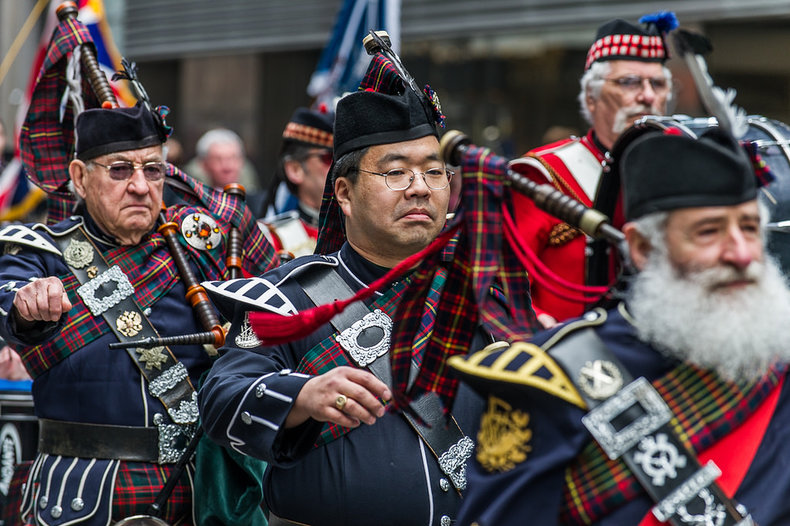
Meals
In all traditional cultures, the process of preparing and enjoying a meal is a valued shared experience.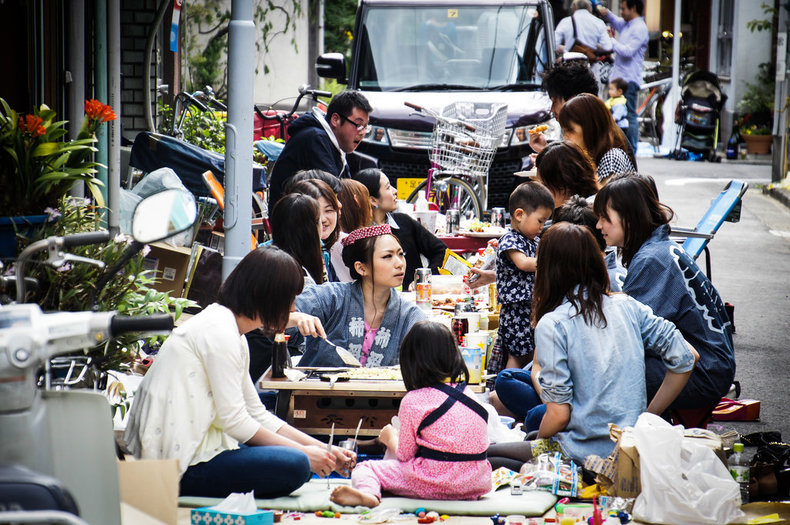
Rites of Passage
A ceremony or event to mark stages of life or group membership.
Fashion
Dressing the same as in uniforms, adhering to the same fashion rules or pursuing the same general aesthetic.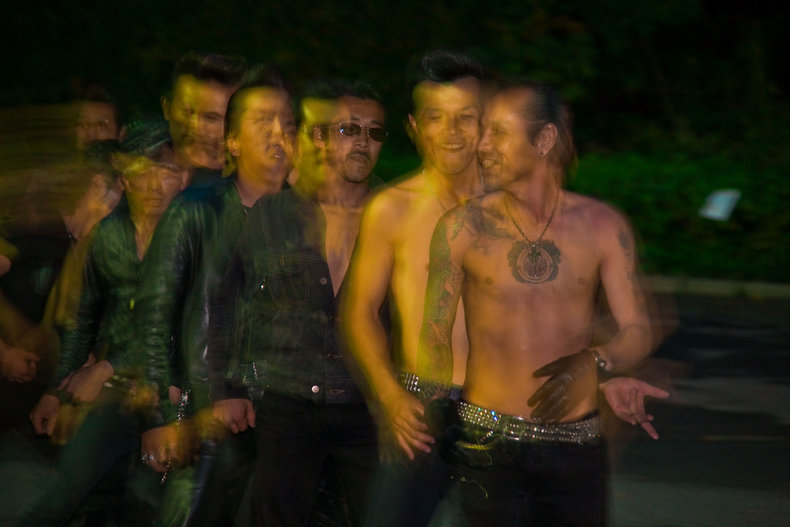
Identity
Sharing a group identity. This can be a compelling experience as you feel an extension of the self to something much larger.
Holidays & Observances
Holidays and other annual events that give a rhythm to the year and call for people to get together. Holidays may also have meaning and significance.
Performances
Performances such as a school play or festival that features local dance teams. Organizations also use performances and improvisation as team building exercises.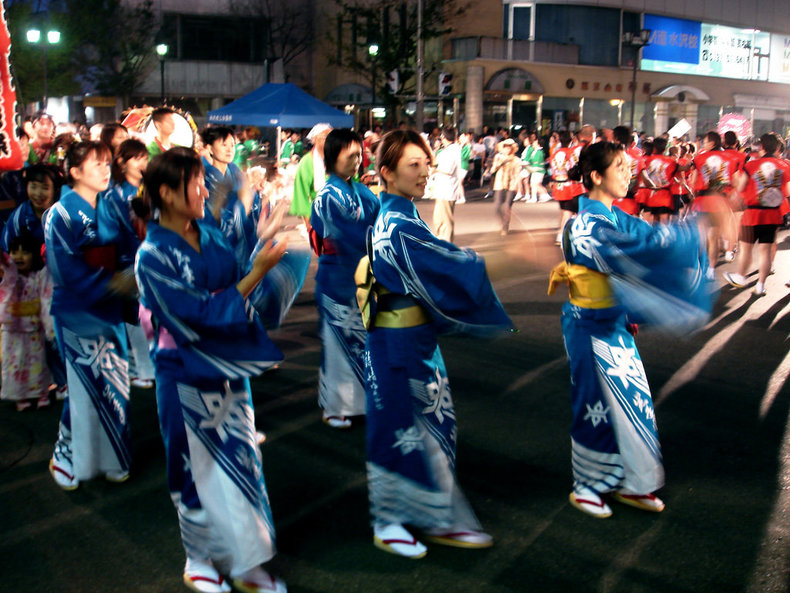
Celebration
Finding an excuse to be happy as a group such as a celebration of the phases of the moon or likewise.
Nature
Viewing or experiencing nature together such as a nice day or a solar eclipse. People have a strong emotional response to nature such that it can build a sense of well being or wonder that can be enjoyed as a group.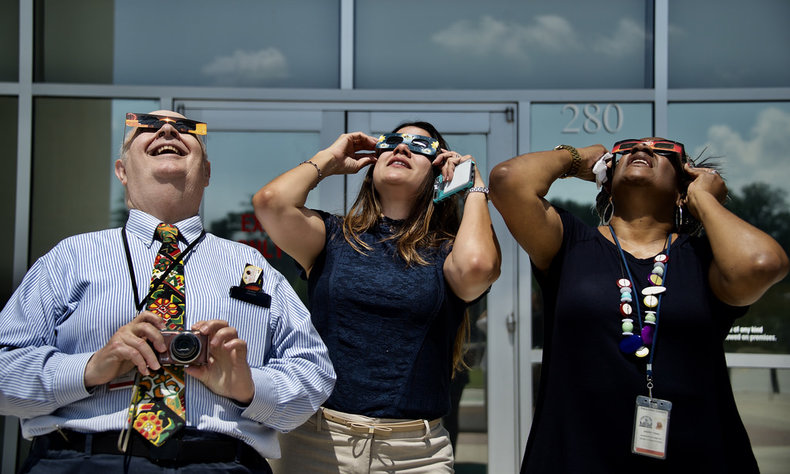
Art For Art's Sake
Creative expression that is done to create something with artistic merit without distractions such as a profit motive.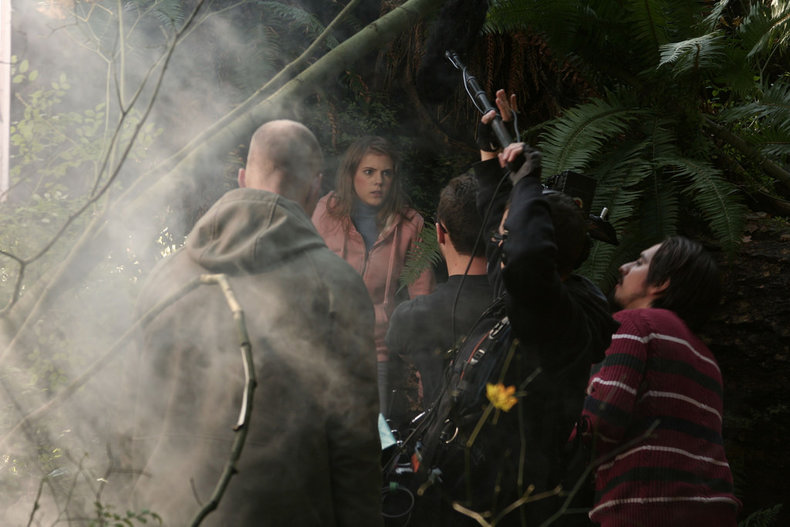
Epic Meaning
Experiences that individuals view as self-fulfilling or mystical.
Culture
Shared experience shapes culture but culture also shapes shared experience. For example, a dance culture associated with sets of norms and skills such that you need a little cultural capital to fit in.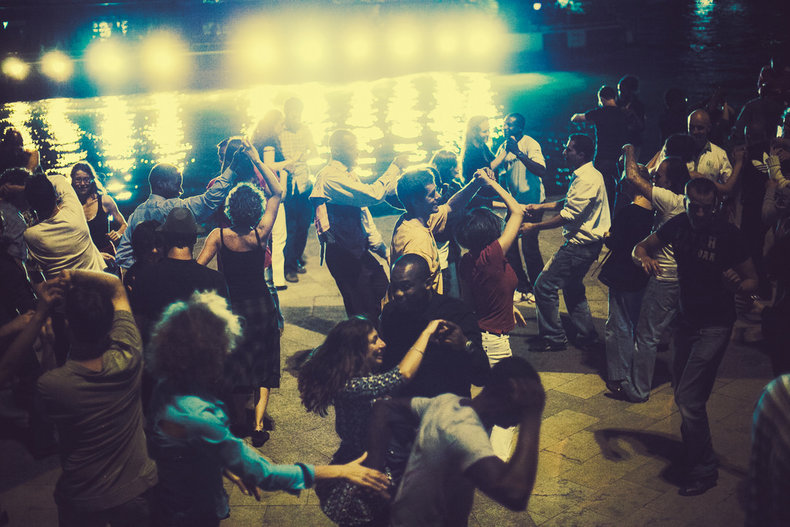
| Overview: Shared Experiences | ||
Type | ||
Definition | Group experiences that shape and exemplify culture. | |
Related Concepts | ||


